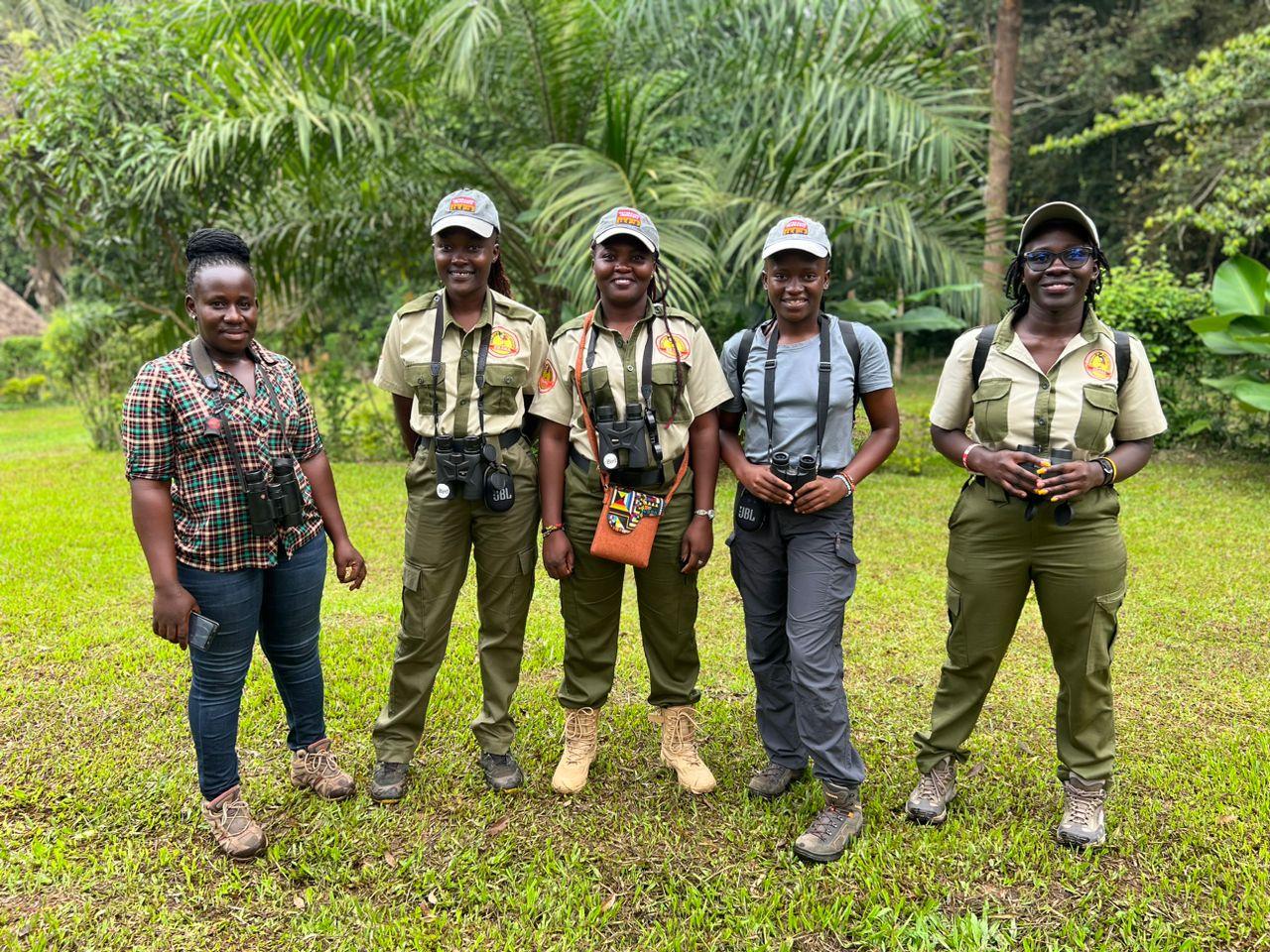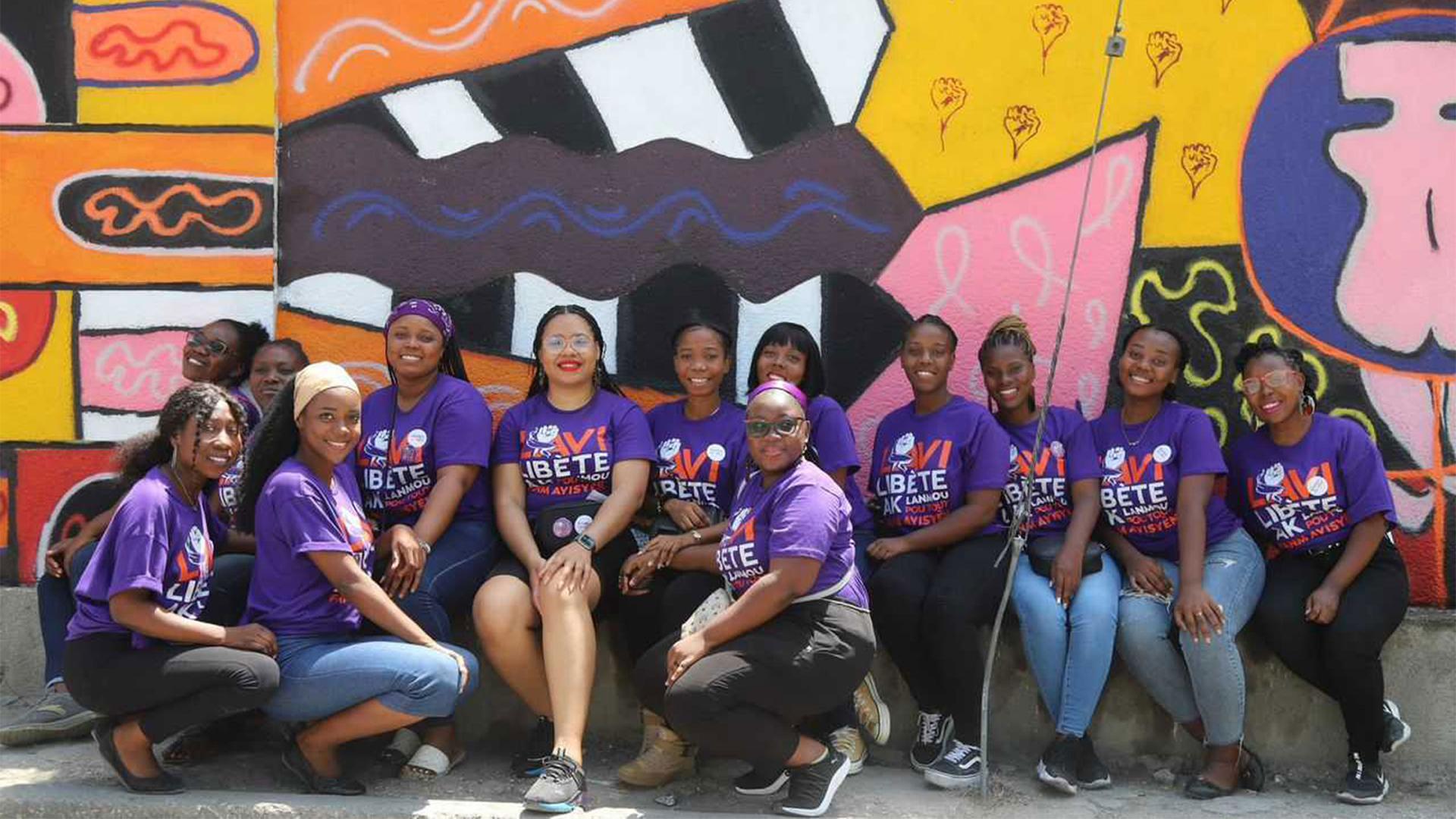Gender
Women fight for respect in Japan’s sumo rings
Sumo wrestling in Japan is among the world’s oldest sports, dating back at least 1,500 years. The rules are simple: Square off with an opponent in a ring lined with sand, then try to push the other person out. Another rule: Japanese professional sumo is also off-limits to women. Japanese women wrestlers who achieve champion status at international sumo events are frustrated to face prejudice back home.
Roman Catholic Church remains inconclusive about reforms for women, LGBTQ after monthlong meeting wraps
More than 450 church leaders from around the world came to the Vatican in early October to debate this and other questions during the latest synod, a monthlong meeting to discuss the church’s future. Their conclusion: more research is needed.


